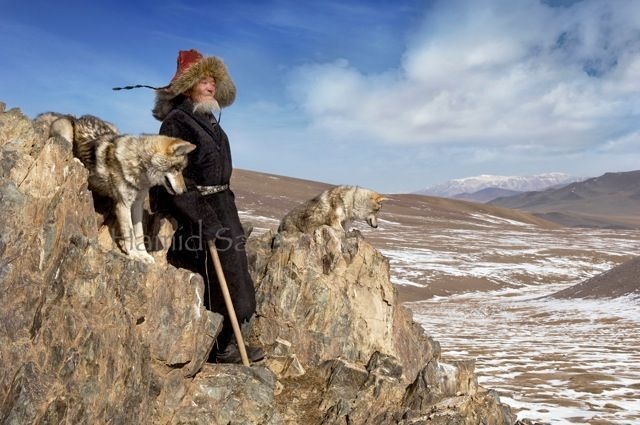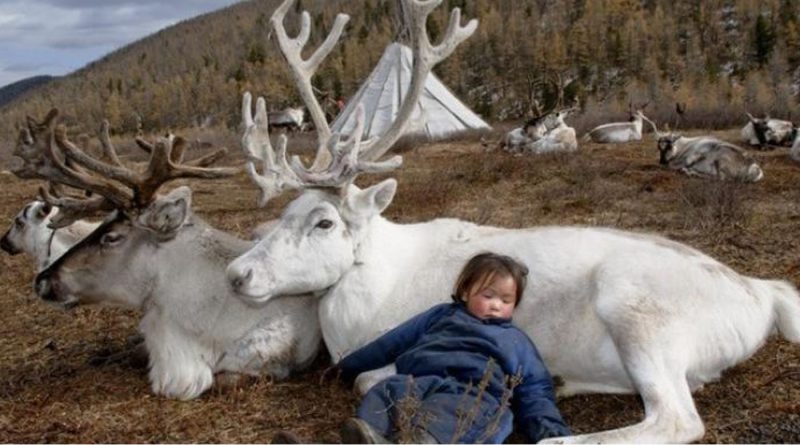Photographer visits lost Mongolian tribe, captures stunning photos of their life and culture
Human civilization has come a long way since the early days of our species. Rising out of caves and undeveloped lands, humans have built cities and homes that the early generations could never have imagined.
The widespread growth of globalization has made it harder for historic cultures to be preserved. This is what makes the Dukha people of Mongolia so fascinating and amazing. The nomadic tribe has lived in the same region for centuries. During that time, they developed a special relationship with the wild animals. In fact, this relationship is so amazing it will leave you in awe.
Fortunately for us, photographer Hamid Sardar-Afkhami recently visited this lost tribe and documented what he saw through a series of stunning photographs.
Through their unique culture, the Dukha people have developed a unique relationship with neighboring reindeer. They use them as means of transportation over the treacherous terrain they call home.
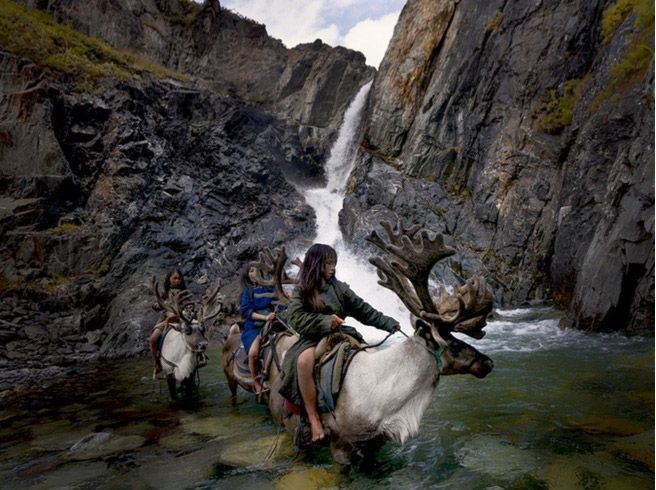
Photo

Photo
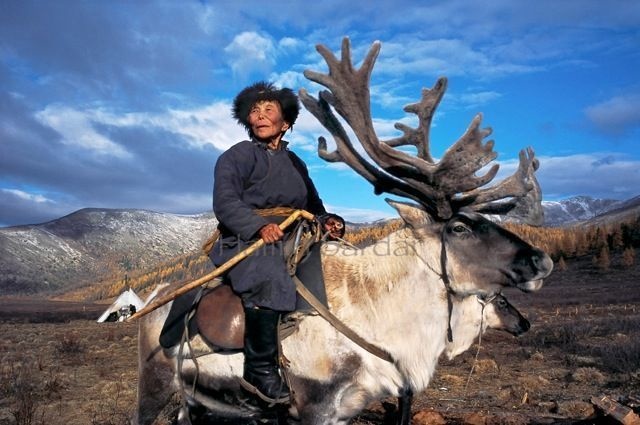
Photo
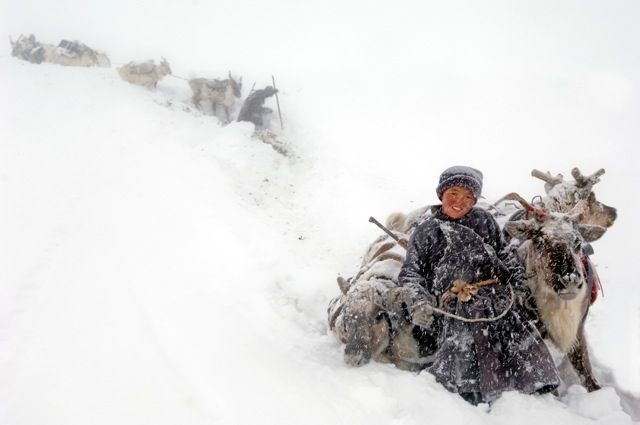
Photo
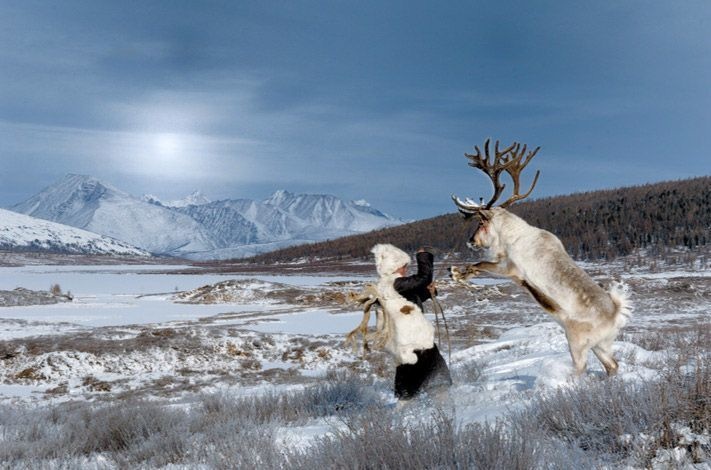
The reindeer are docile and gentle companions, even to the smallest of Dukha children.
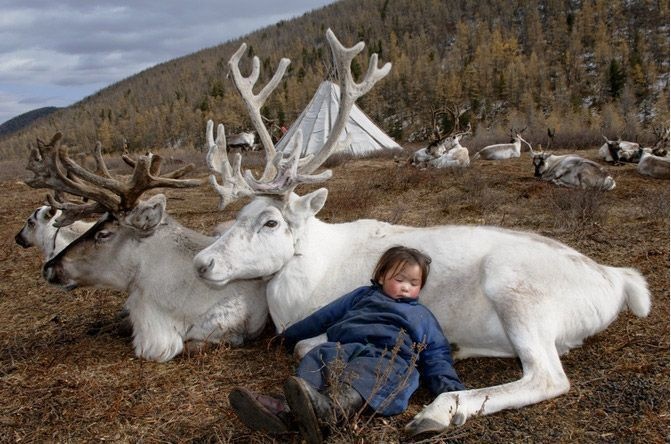
This young girl prepares to clean and bathe a reindeer baby.
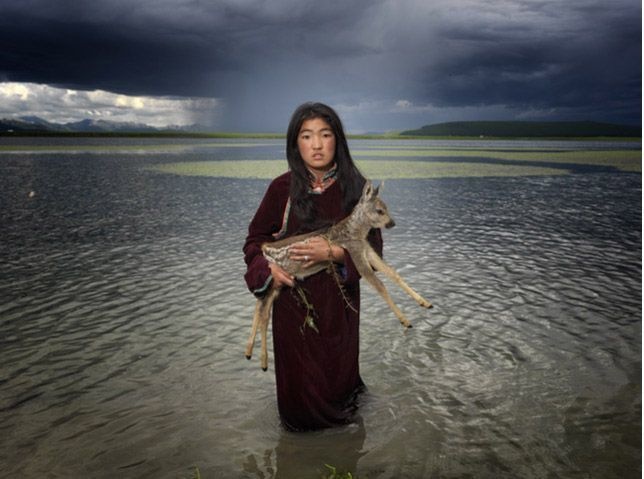
The Dukha are also known as the “Tsaatan,” a term that means “reindeer herder.”
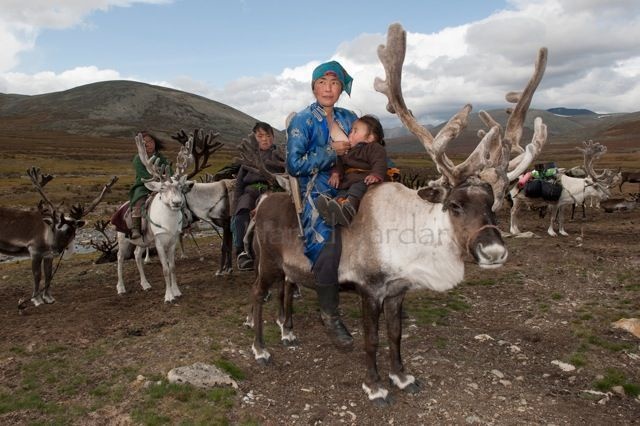
These days, there are only roughly 44 Dukha families left. This totals 200-400 people. The reindeer population is diminishing as well.
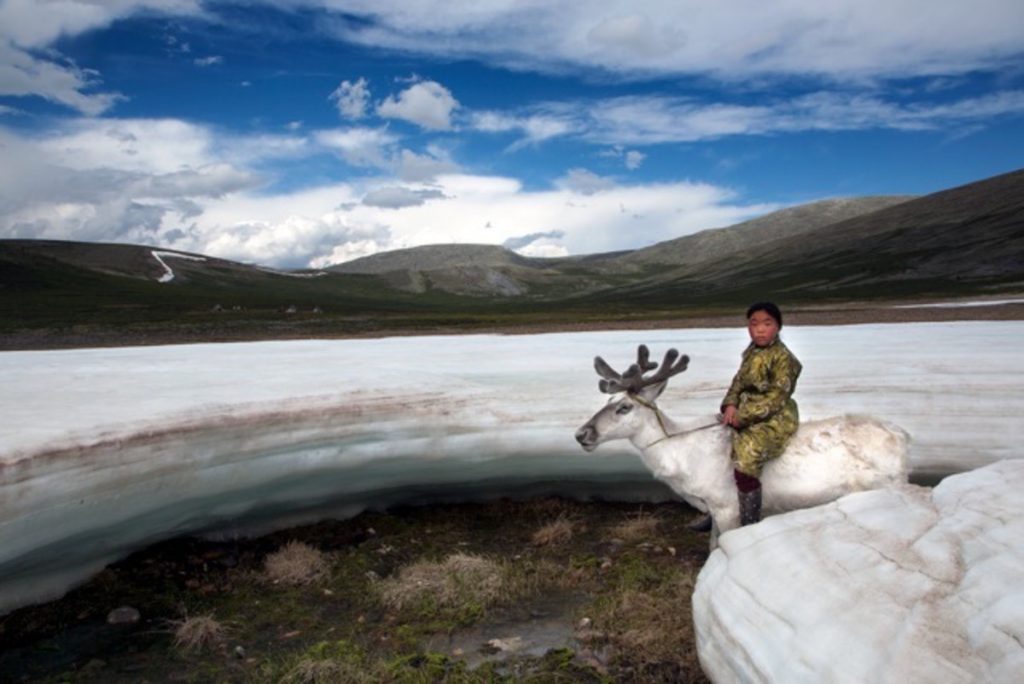
The Dukha primarily survive off of the tourist industry. People visit and pay money for performances, crafts, and of course, reindeer rides.
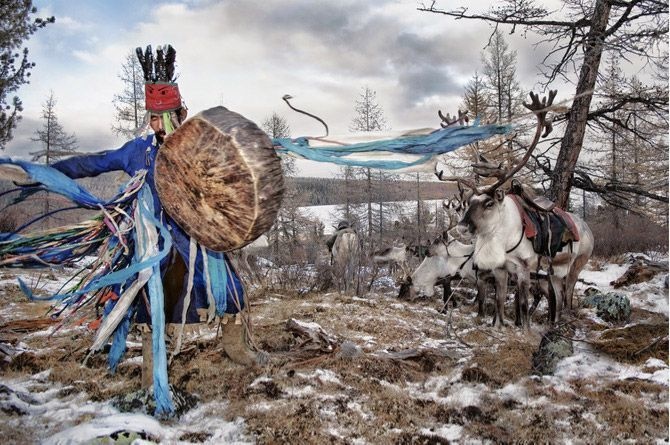
They don’t just train reindeer. They also train wolves!
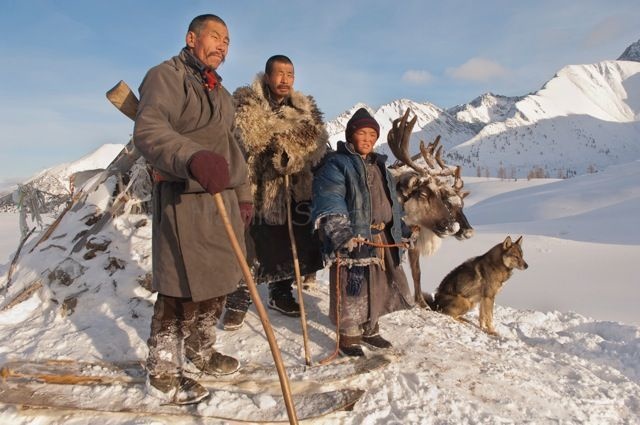
The Dukha hunt small woodland animals like rabbits. This earns them about two US dollars.
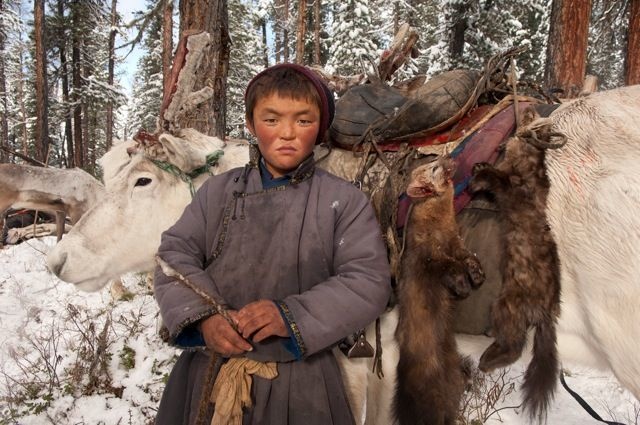
The Dukha also train golden eagles to aid in their hunting.
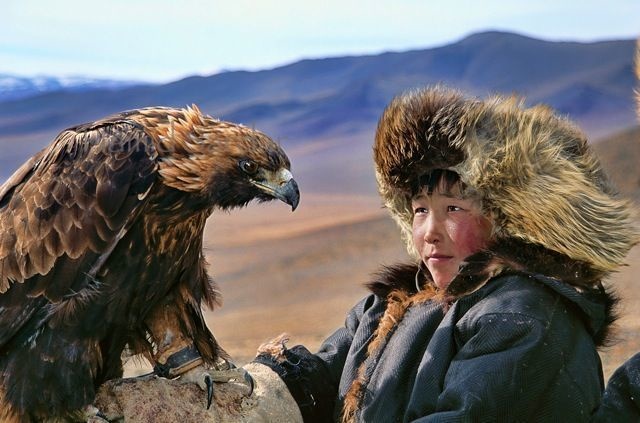
Eagle hunting is considered a privilege. Those who are able to do it are well respected by the tribe.
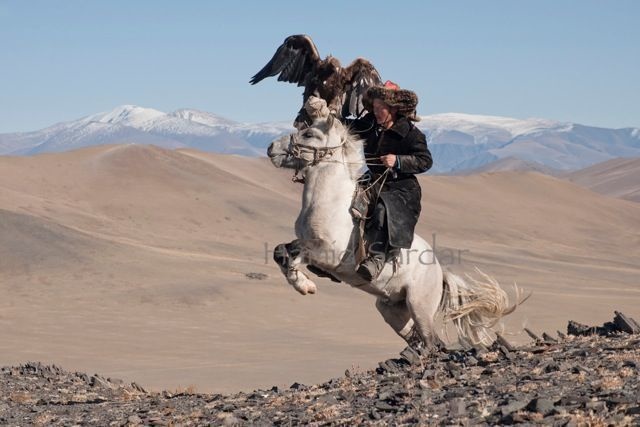
The Dukha believe they have a spiritual connection with all animals.
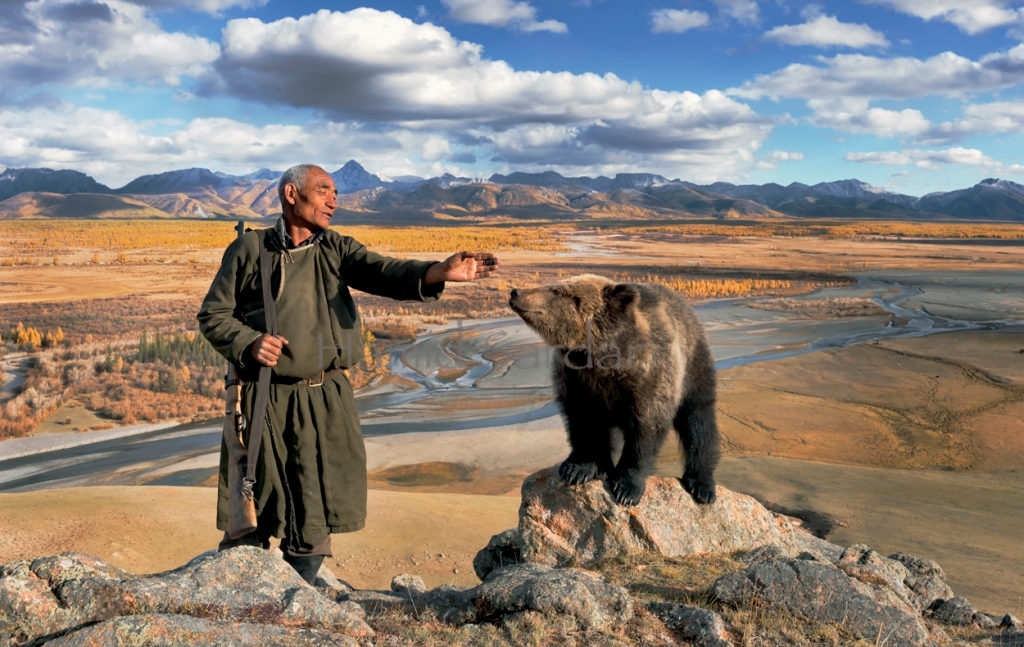
The connection allows them to feel at home in nature and to maintain their culture despite the growing influence of the outside world.
